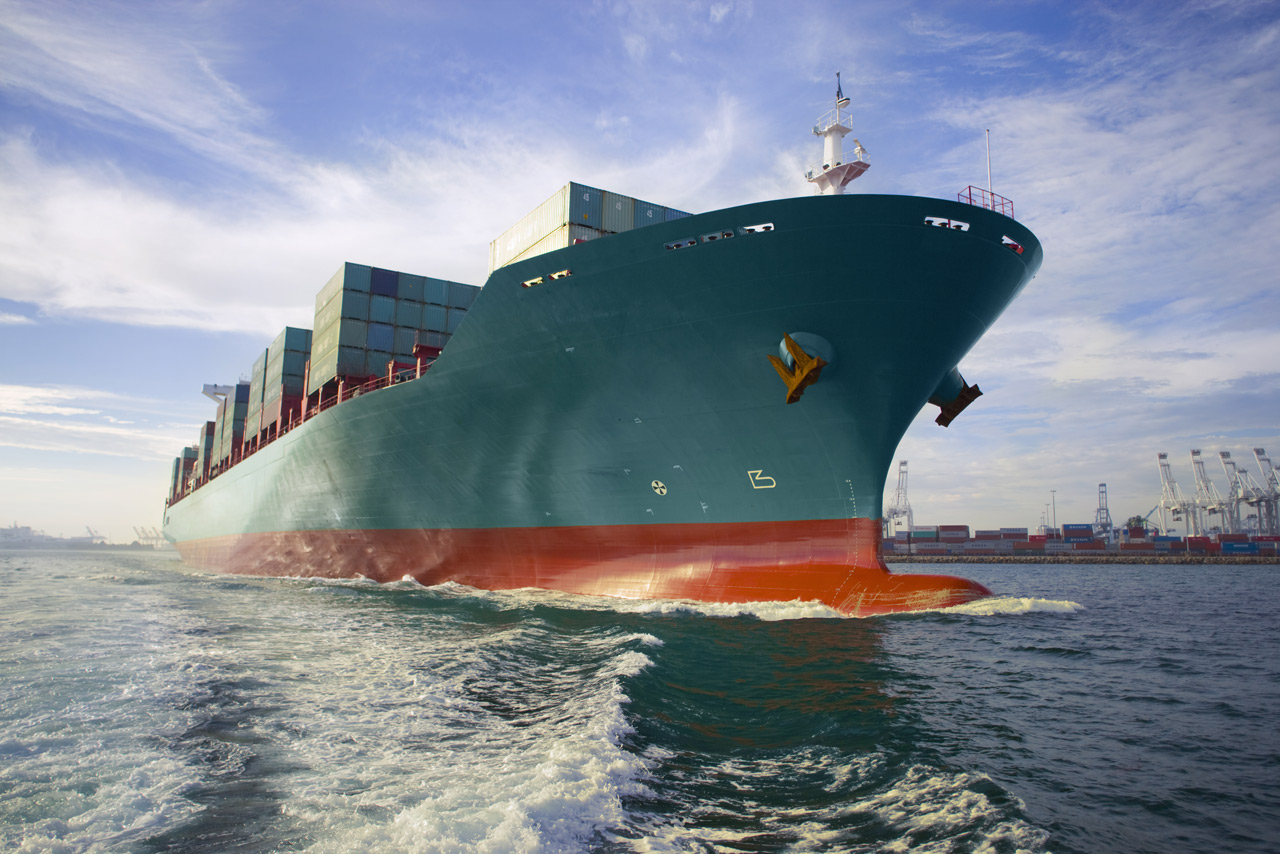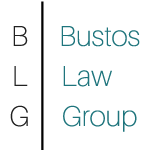Do You Know FDA Requirements for FSMA Compliance?
The FDA will begin enforcing its final rule for the Foreign Supplier Verification Program (FSVP) in May 2017. Importers must be aware of this change and its requirements in order to be in compliance. The rule was created to ensure that food imported by foreign suppliers is safe and in compliance with regulations. There are a few vital components to the rule that importers should be wary of. The final rule states that there must be an FSVP importer in the United States to take responsibility for meeting the FSVP requirements. There are four key compliance issues to be aware of as a foreign importer.
Hazard Identification and Analysis
The final rule requires that the importer perform a hazard analysis to determine whether controls are required. Identifying any foreseeable risks is vital to ensuring compliance. Some potential risks can include biological hazards, chemical hazards and physical hazards. Also, evaluating risks posed by the foreign supplier is important. Be sure to evaluate the supplier’s compliance with food regulations, any warning letters they may have received and their history with food safety. Identification and control are key to ensuring compliance with the FSVP rule.
Exemptions
Make sure that you, as the importer are actually covered by the rule. The final rule has exemptions for certain foods and beverages listed below:
-
-
Juice and seafood from foreign suppliers that are in compliance with the respective HACCP regulations
-
Small quantities of food imported for research and evaluation purposes that are not intended for retail sale and are not sold or distributed to the public
-
Small quantities of food imported for personal consumption that are not intended for retail sale and are not sold or distributed to the public
-
Food produced in compliance with FDA’s low acid canned food requirements
-
Certain alcoholic beverages
-
Food that is transshipped through the United States or that is imported for future export and not sold or distributed in the United States
-
Food that is manufactured/processed, raised, or grown in the United States, exported, and returned to the United States without further manufacturing/processing
-
Certain meat, poultry, and egg products
-
Be sure to thoroughly review these exemptions in the final rule published on www.fda.gov to confirm whether you are exempt or not.
FSVP Compliance Date
FDA requires all importers to be in compliance with FSVP by the latest of the following: (1) May 30, 2017, (2) six months after the foreign supplier is required to meet the relevant regulations or (3) For an FSVP importer that is itself a manufacturer or processor subject to the supply-chain program provisions in the preventive controls’ regulations, the date by which it has to comply with those provisions. Keep track of the timeframe required for compliance and be prepared in advance.
Qualified Compliance Individual
The FDA, in its final FSVP rule, recommends that importers use a qualified individual to develop an FSVP and perform any needed activities. It may cost the importer on the front-end, but the savings from ensuring that your imports are in compliance and will not be held at customs, makes all the difference. Having a person in the United States that will ensure all hazards are avoided and controls are put in place is essential to regulatory compliance.
In closing, foreign importers need to be wary of the requirements of this final rule and check with their foreign suppliers to ensure they are aware as well. Having these controls in place will make the process more streamlined and less costly in the long run.

